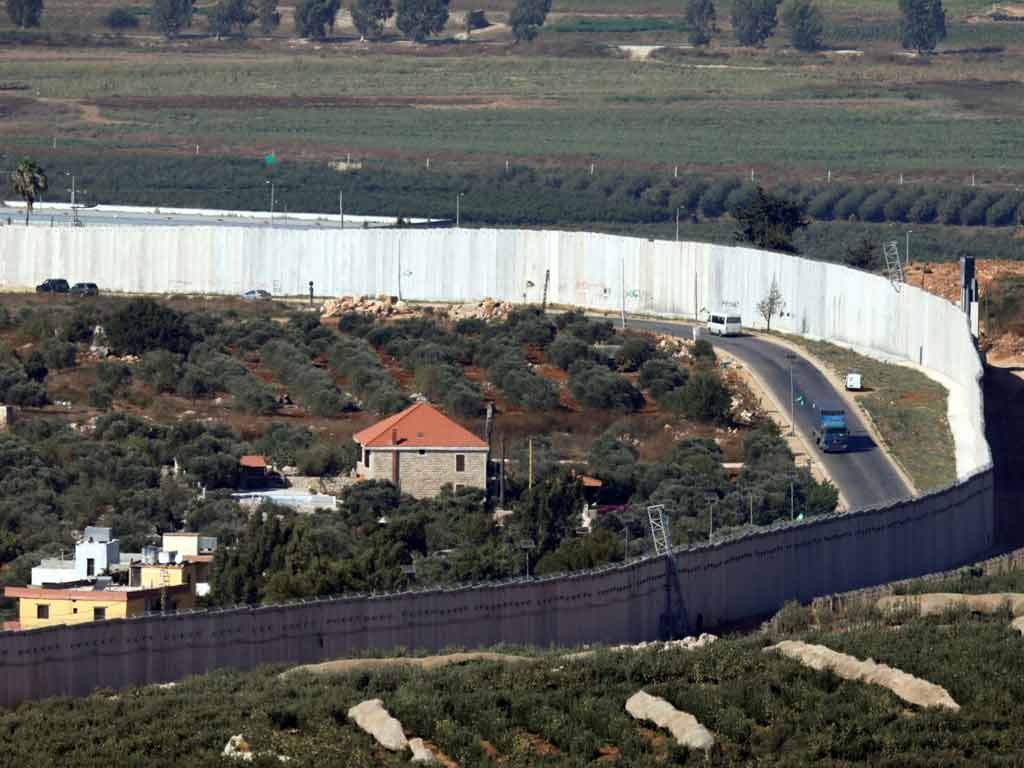The death of 12 civilians last Saturday in that area constituted the deadliest incident in almost 10 months of exchanges of fire on both sides of the border.
From the outset, Hizbullah, which has been carrying out actions on the front lines since October 8 in support of Gaza, flatly denied responsibility for the attack and emphasized that it had nothing to do with the event, contrary to Israel’s claims.
However, Israel continued with its threats to escalate the fighting; the security cabinet authorized Prime Minister Benjamin Netanyahu and his Defense Minister Yoav Galant to decide when and how to retaliate.
The American Secretary of State, Antony Blinken, In his first reaction, supported Israel’s right to defend itself, even though, recently, the White House considered that there is no reason to provoke an escalation in southern Lebanon, and there is still time and space for diplomacy.
In light of international diplomatic contacts, Lebanon renewed the position of a ceasefire and the full implementation of international resolution 1701 to get rid of the current cycle of violence and in a declaration reiterated the need for a sustainable ceasefire on the fronts as the only possible solution to avoid further human losses and a further worsening of the situation in the region.
The former leader of the Lebanese Progressive Socialist Party, Walid Jumblatt, called for awareness about what the enemy is doing to provoke conflicts, fragment the region and attack its components. He also urged everyone in Lebanon, Palestine, and the occupied Syrian Golan to be wary of any slip-ups or incitement in the context of the enemy’s destructive project.
United Nations Secretary-General António Guterres condemned the Israeli attack on a football field in Majdal Shams, in the occupied Syrian Golan, and demanded an immediate ceasefire across the Blue Line that separates Israel and Lebanon following international law.
jrr/llp/arc/yma









